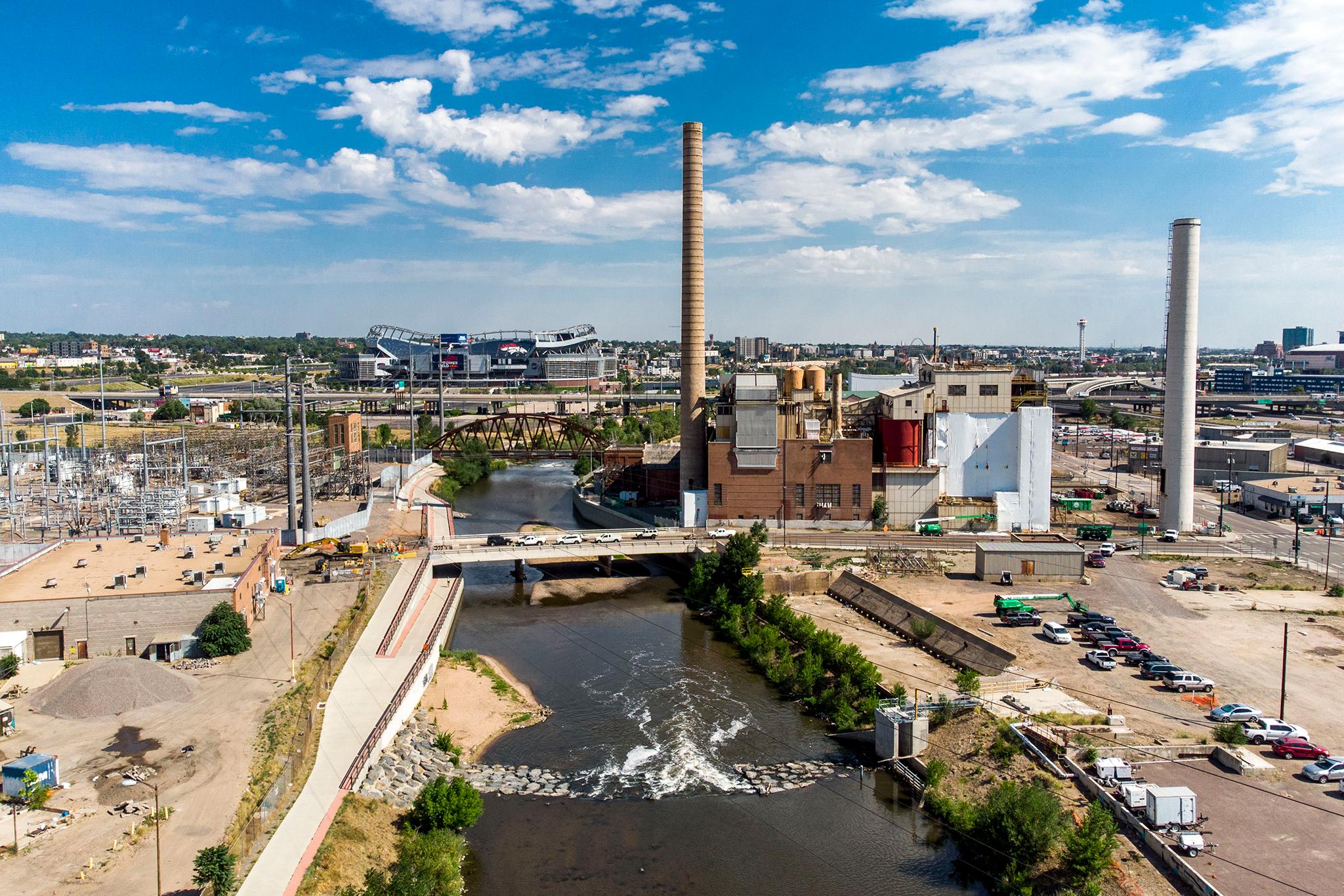While the Johnston administration is in full swing, one small project currently sits at an impasse with two big updates waiting to be addressed.
For well over a year, residents in Sun Valley, La Alma Lincoln Park and other nearby westside neighborhoods have been patiently waiting to find out the fate of the defunct Zuni Generating Station near the South Platte River and W. 13th Avenue.
On Wednesday at the Sun Valley Community Coalition meeting, Xcel's Grace Lopez Ramirez, the senior area manager for community and local government affairs, gave an update on the future of the site.
The two major updates: Xcel is almost done with the initial abatement portion of the project and they no longer wish to turn the site into a substation.
Not sure what we're talking about? Here's the brief rundown:
In 2021, Xcel received approval from the Colorado Public Utilities Commission to "decommission, dismantle, and demolish all structures, and remediate and restore the former plant.
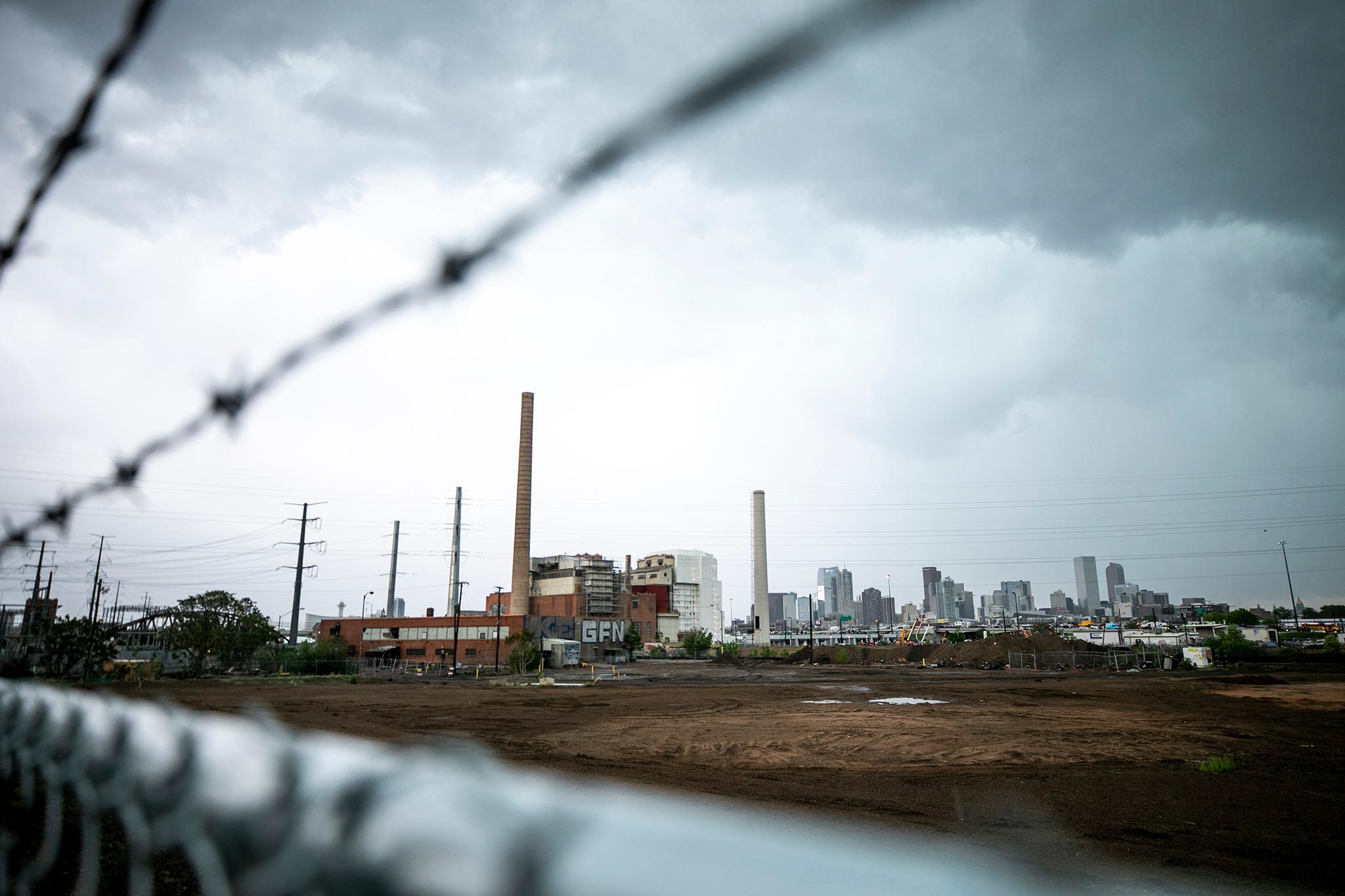
Xcel planned to turn the 121-year-old site into a substation, which converts high-voltage power into low-voltage power that is dispersed throughout the city. But local residents weren't interested in another industrial eyesore. They instead envisioned reusing the site, turning it into a neighborhood hub that would include a farmers' market-type space with access to fresh food and booths for local entrepreneurs.
In November 2021, City Council members stepped in and requested that all demolition plans be halted until everyone agrees on the future of the plant.
Xcel agreed and has since had many meetings with residents and the city, including the Community Planning and Development staff.
Fast forward to today and that impasse.
According to documents Denverite obtained from Community Planning and Development, the future of the plant lies in who is willing to pay to remediate the site for residential use. Proper cleanup of the site must be completed before it can be reused in the residents' vision.
At the moment, neither Xcel nor the city is budging on who would fund that portion of the project.
In a May 31 letter to Xcel President Robert Kenney, CPD Director Laura Aldrete noted that the re-use of the plant "will almost certainly require a more expensive remediation effort than that contemplated under the approximately $23 million plan authorized by the Public Utilities Commission, [or PUC]."
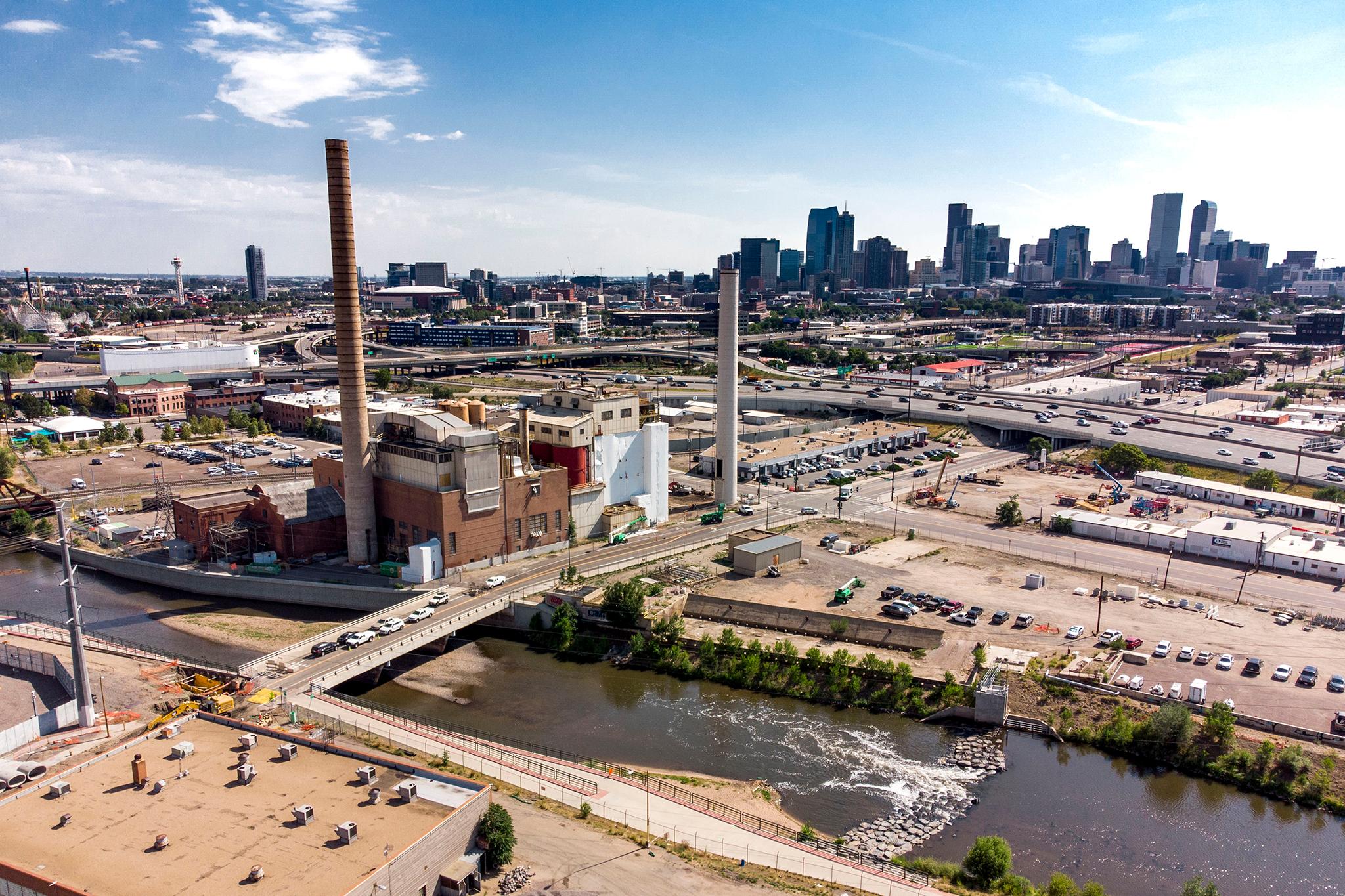
This is true. Xcel's original agreement with the PUC had allotted the utility $22 million to decommission the plant and abate the site, bringing it up to "industrial standards." But in order for the site to be converted into a food hall, housing or park, it needs to reach a higher level of decontamination, or "residential standards."
In the same letter, Aldrete wrote that the city is "unwilling" to purchase the property "in its current, un-remediated state" while also factoring in the "expectation of a financial gap of unknown size."
Noting that it's still unknown how much pollution the site contains, Councilmember Jamie Torres agreed with the decision.
"There would have to be some work done to better understand how much contamination would need to be cleaned up and I think any buyer would want that," Torres said.
Performing a remediation study is the only way to know how much the abatement process would cost.
In the letter, Aldrete listed a few possible next steps the city and Xcel could take to move these plans forward, including working together to find out the "degree of environmental remediation needed, and obtaining realistic estimates for completing the work." Those next steps include the pair working together to find funding to "accomplish the remediation," such as an Environmental Protection Agency Brownfields grant recently received by the Denver Housing Authority to remediate the Zuni Tank Farm land.
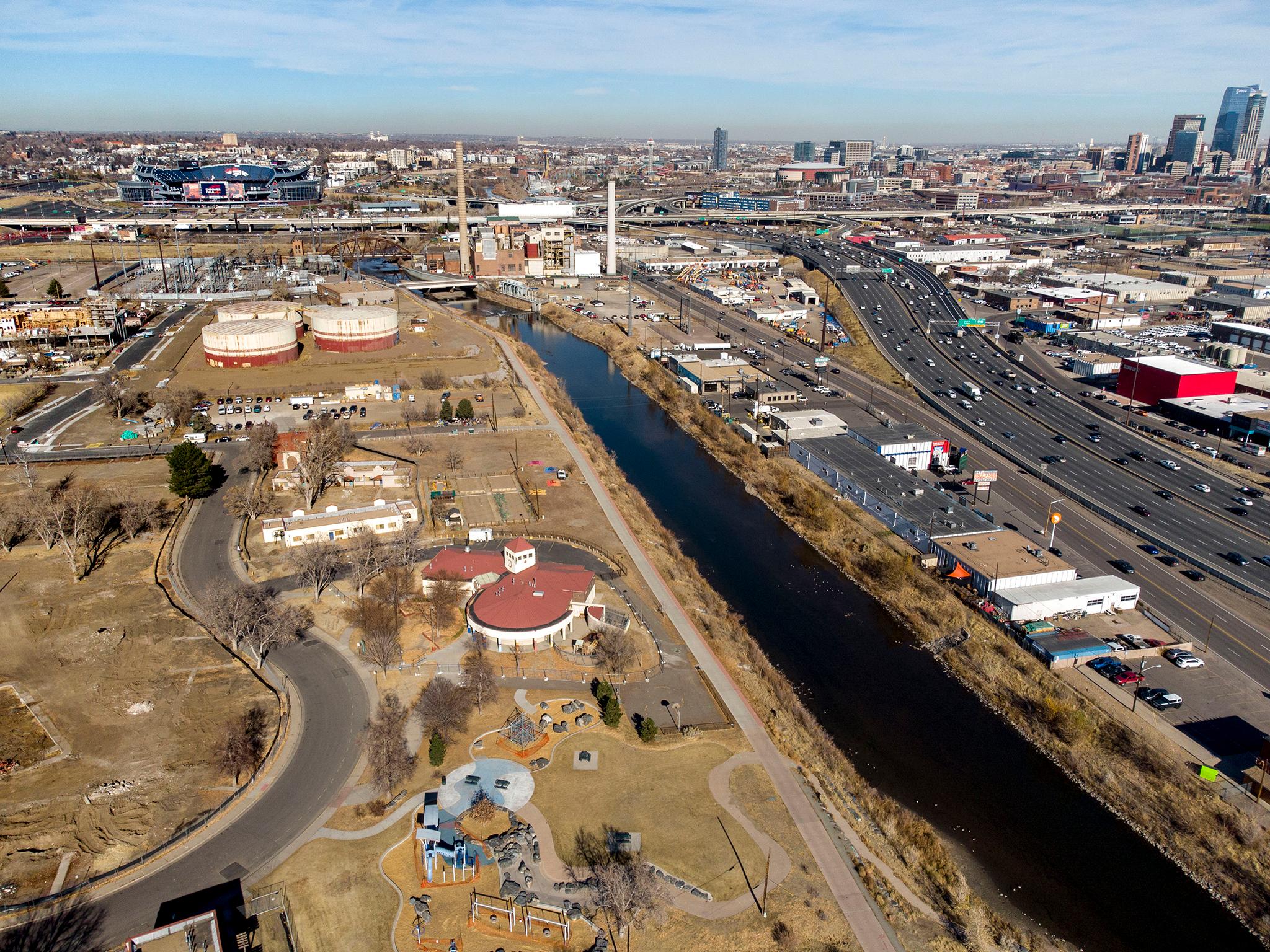
But in a June 26 letter, Kenney reiterated a list of "three fundamental requirements" in this proposal. That included not incurring "additional costs that would be borne by our Colorado customers." According to Kelly Flenniken, Xcel's Director of Community Relations, Xcel's $22 million budget agreement with the PUC is partially funded by Xcel customers, and if the company asks for additional funding, that too would fall to Xcel customers' shoulders.
"When we think about equity and we think about keeping our bills low, how is it such that customers in Alamosa should pay more for an asset in Denver," Flenniken said. "All of that has to come into play when we talk about adding cost to this project."
Kenney ultimately writes that if the city "is unable to conduct a remediation study" and if the city "is unable to exercise its right of first refusal," Xcel will eventually have to move on and seek out other potential buyers.
During the community meeting, Lopez Ramirez said Xcel is no longer considering using the space as a substation but is solely focused on selling the property to the city or an outside buyer "committed" to using the space in a way that aligns with residents' view.
"We are not in a position to keep it and reuse it for anything else," Lopez Ramirez said. "We heard loud and clear that you guys don't want another substation and we understand that... There's a lot of possibilities with the property. Unfortunately, we aren't community developers. We can't take this project into fruition. Our role is really to sell it to the city or a potential buyer."
Flenniken echoed the sentiment adding that Xcel isn't "actively soliciting" any outside buyers.
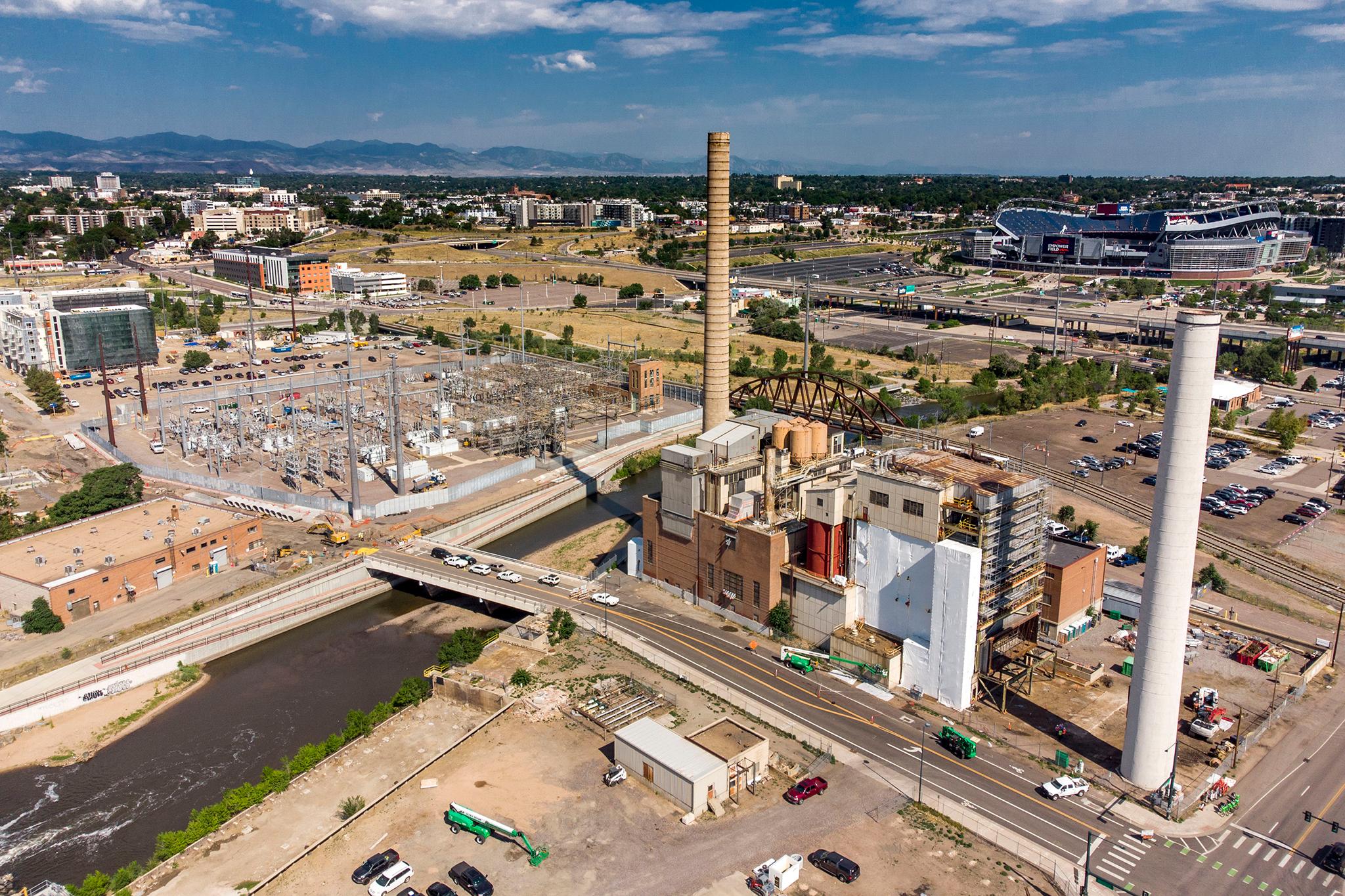
Torres disagreed with that possibility, and with Xcel's push to have the city conduct the remediation study.
"I don't know why the city has to be the one to do that when it's not our property yet and we didn't contaminate it," Torres said.
Lopez Ramirez, at the community meeting, said further remediation before the site is purchased would become a "liability issue."
"Without a purchase sale agreement, there's only so much environmental testing you can do until you buy the property," Lopez Ramirez said. Another one of Xcel's "fundamental requirements" is that the "Company would need to be released from long-term, legacy liability."
Xcel and Torres agreed that the next steps in the process are two-fold. One, the mayoral transition needs to be completed. City staff members involved in the Zuni conversation may need to be reappointed.
Xcel said talks with Mayor Michael Johnston about the site haven't begun, again, because he's just three months on the job.
Xcel and Torres also said they would be reaching out to the PUC.
Torres said she intends to reach out to the PUC regarding the agreement to see if any changes can be made. Flenniken said Xcel is also planning to speak with the PUC regarding the agreement and the project. But again, Flennkien said Xcel needs to keep all customers in mind when discussing agreement changes that will add additional fees.
Denverite reached out to the PUC for comment but didn't immediately receive a response.
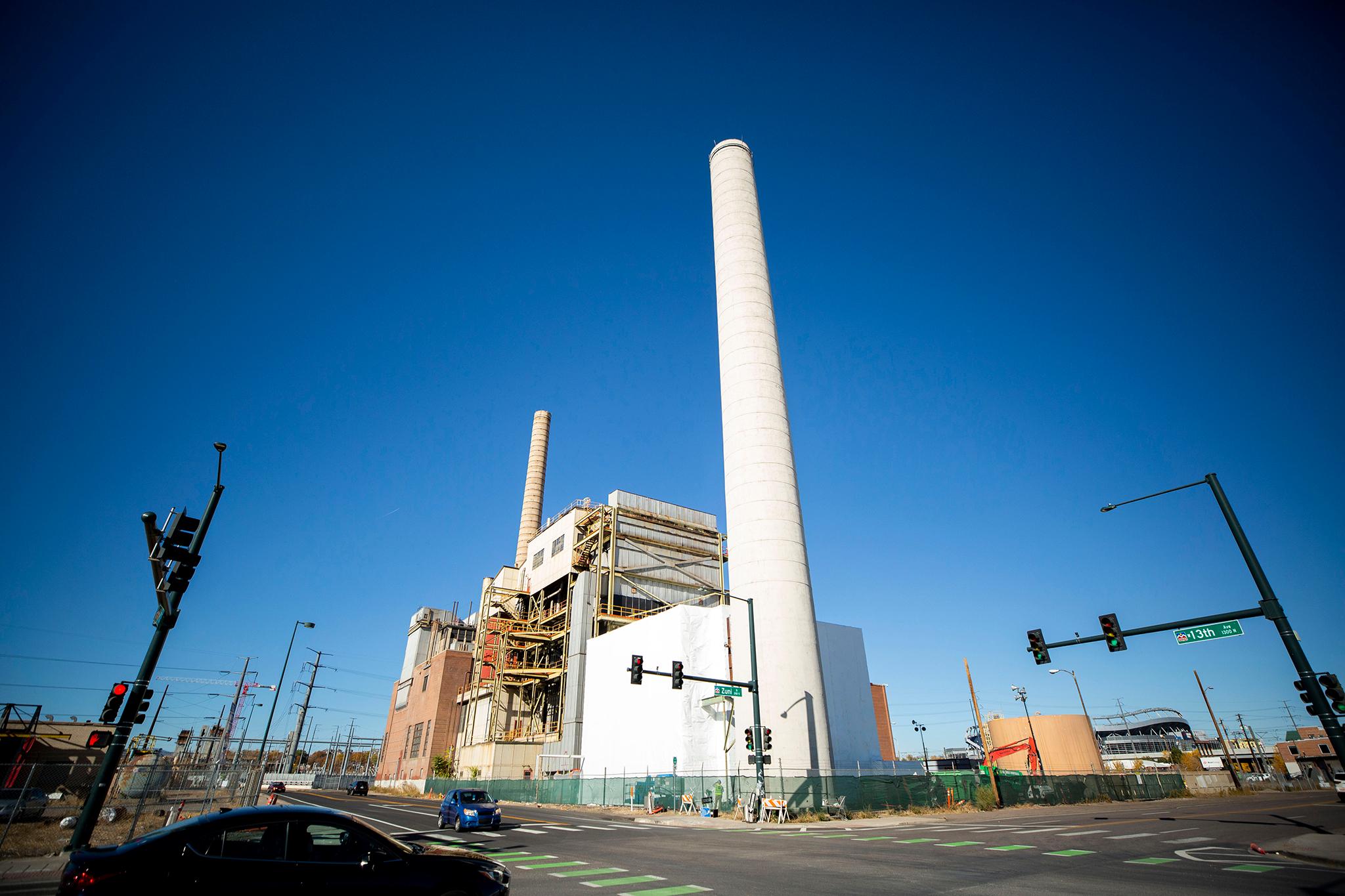
Flennkien and Lopez Ramirez say the conversation is far from over. Lopez Ramirez said the abatement process is set to be completed in December. Both confirmed that the site will not be demolished.
"We continue to do as much abatement as we can without impacting the structure," Flenniken said. "We will not proceed with any type of demolition activities until we've really stacked hands on what the next best use is... We really want to do what's best for the communities where we have been part of for a long time. We've been part of this community by virtue of this power plant for over 100 years. Doing what is right for that neighborhood and that community and the city is very important."
In the meantime, residents are waiting patiently but also gathering more support. Several nearby neighborhood groups, including ones in Valverde and West Colfax, have taken similar stances to Sun Valley and La Alma.
Neighbors and stakeholders also recently held a forum to discuss what the plant could look like in the future if things go their way and how other groups have accomplished those same plans.
But as of today, the future of the plant is unknown.

